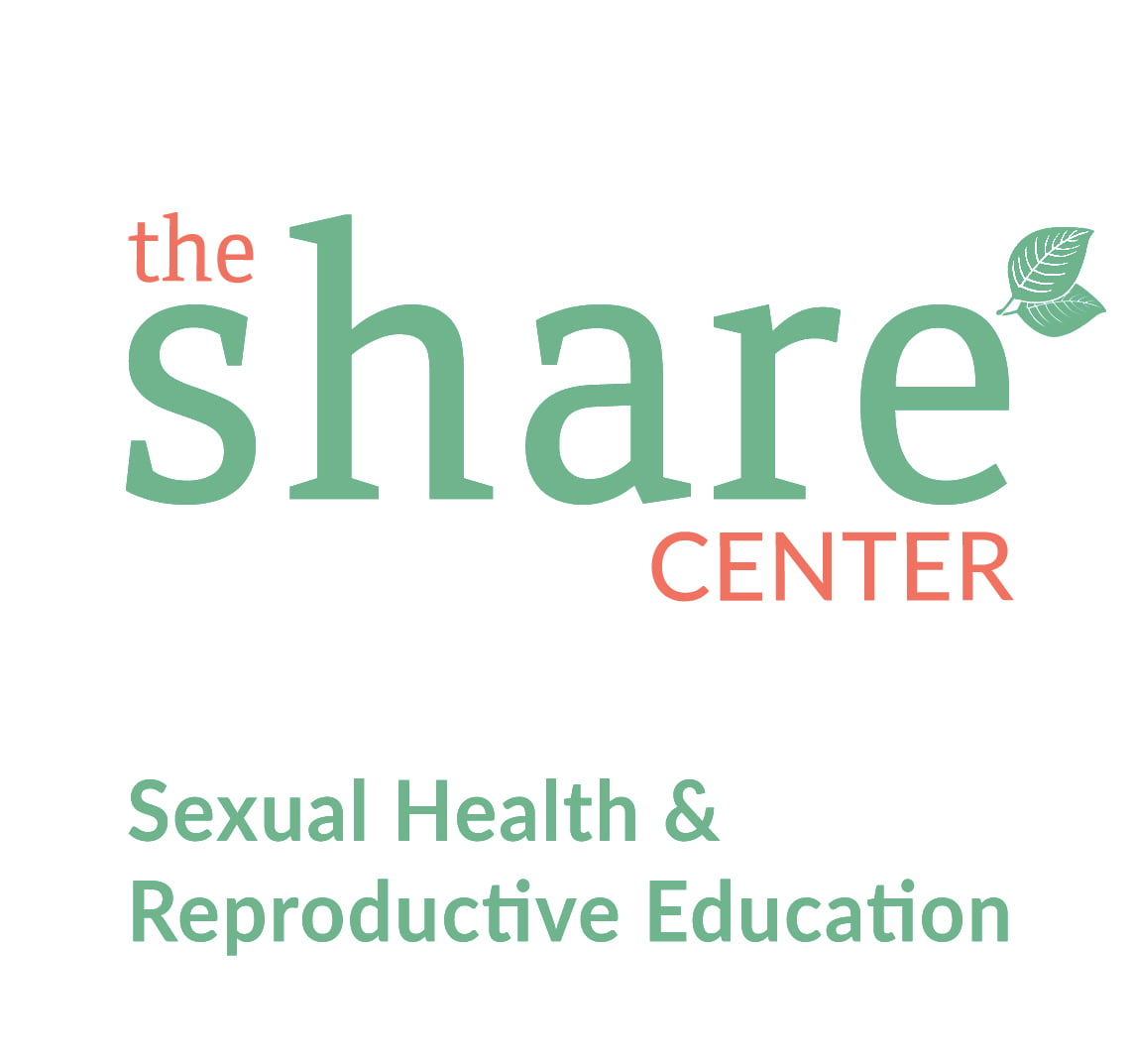When faced with an unplanned pregnancy, it’s natural to feel overwhelmed by options and emotions. If you’re considering the abortion pill, it’s important to understand the process, potential risks, and what it could mean for your health and future. Let’s take a closer look.
What Is the Abortion Pill?
The Abortion Pill, also known as RU-486, Mifeprex™, and mifepristone, is a common early abortion method in the United States. It involves two different drugs: mifepristone and misoprostol. This process, referred to as medication abortion, is approved by the FDA for use up to 10 weeks after the start of a woman’s last menstrual period.
- Mifepristone: This first medication blocks progesterone, a hormone necessary for the uterine lining to support a pregnancy. Without progesterone, the lining breaks down, cutting off the pregnancy’s ability to survive.
- Misoprostol: Taken 24-48 hours later, this causes the uterus to contract, expelling the pregnancy and uterine contents.
For women who change their minds after taking mifepristone, it may be possible to rescue the pregnancy through abortion pill reversal.
How Does the Process Work?
Here’s an outline of what typically happens:
- Step 1: Mifepristone
- This pill stops the pregnancy from progressing by blocking progesterone. Without progesterone, the embryo eventually dies.
- Step 2: Misoprostol
- Taken at home 24-48 hours later, it induces heavy cramping and bleeding as the pregnancy is expelled. Women often describe this step as painful and physically draining.
- Follow-Up Care
- A follow-up visit 1-2 weeks later is critical to confirm that the abortion is complete and to address any complications.
Why Is an Ultrasound Important?
Before taking the abortion pill, an ultrasound is essential to ensure your safety. It can:
- Confirm Pregnancy: Verify that you’re actually pregnant. False positives on pregnancy tests do occur.
- Determine Viability: Check if the pregnancy is developing normally and has a detectable heartbeat.
- Establish Gestational Age: Ensure you are within the 10-week window when the abortion pill is considered medically acceptable. Beyond this point, risks increase significantly.
- Check for Ectopic Pregnancy: Rule out a pregnancy outside the uterus, which is life-threatening and requires immediate medical attention.
At The SHARE Center, we offer free ultrasounds to give you the information you need to make a well-informed decision.
What Are the Risks and Side Effects?
The abortion pill is often marketed as simple or safe, but the reality can be different. Here are some potential side effects and complications:
- Side Effects: Cramping and bleeding are expected. Bleeding may last 9 to 16 days, and possibly up to 30 days. Other symptoms include nausea, vomiting, diarrhea, fever, chills, weakness, dizziness, and headache.
- Complications:
- Incomplete Abortion: Retained tissue may require surgical removal.
- Severe Bleeding: Heavy bleeding can lead to anemia or necessitate emergency medical intervention.
- Infection: Retained tissue can result in serious infections if untreated.
If you experience severe symptoms, such as soaking through two pads an hour, fever, or foul-smelling discharge, seek medical attention immediately.
Who Should Not Take the Abortion Pill?
The abortion pill is not safe for everyone. It is not recommended if:
- You are more than 10 weeks pregnant.
- You have certain medical conditions like severe anemia or bleeding disorders.
- You have an ectopic pregnancy.
Before taking any medication, you should discuss the risks with your doctor and know what to do if complications arise.
What Should You Do Before Deciding?
Making a decision about your pregnancy is deeply personal, but it’s important to prioritize your health and well-being. Here are some steps to take:
- Get an Ultrasound: This is a vital first step to ensure you have all the facts about your pregnancy.
- Talk to a Trusted Provider: Ask questions about what to expect, the risks involved, and what follow-up care you’ll need.
- Explore Your Options: There may be more support and resources available to you than you realize.
We’re Here for You
At The SHARE Center, we provide a safe, supportive space to explore your options. We offer free ultrasounds, pregnancy testing, and someone to talk to who understands what you’re going through. You don’t have to face this decision alone.
Contact us today for confidential support and information. You are stronger than you know, and we’re here to walk with you every step of the way.
This post is for informational purposes only and not a substitute for medical advice.

